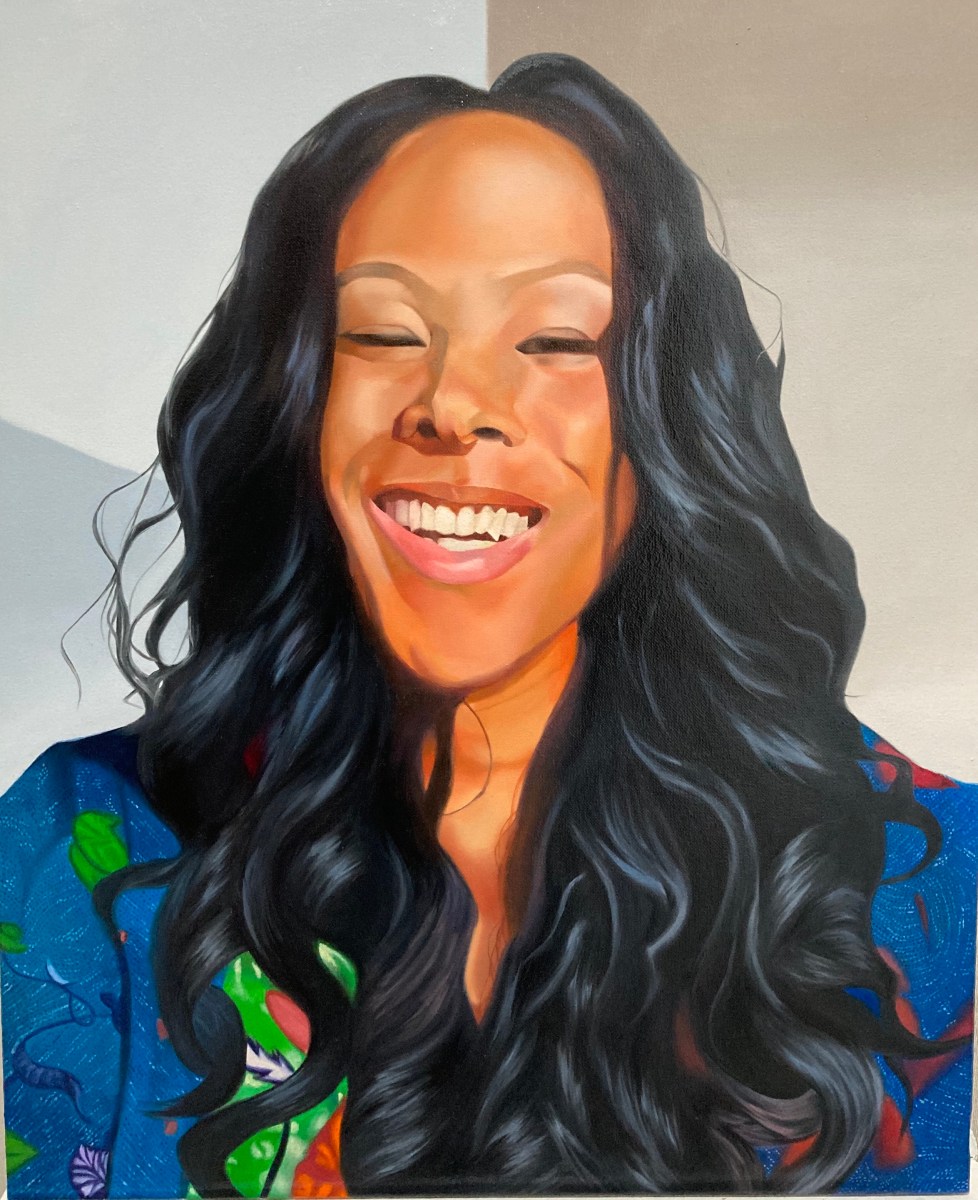Heather Christian, Stephen Donovan, and Matthew Hardy in Mark Dendy’s “Labyrinth,” a tragicomic, autobiographically-inspired retelling of the Theseus myth. | MARISA @ROCKPAPER
There have been many versions of the myth of Theseus, founder-king of Athens and, like Jesus, the son of two possible fathers and one mother. In Mark Dendy’s new dance-play “Labyrinth,” the artist draws inspiration from Mary Renault’s 1958 Bildungsroman “The King Must Die” and weaves in his own personal historical fiction. For Dendy, who said he has “been to hell in the last 10 years,” the project has become the vehicle for overcoming his own demons.
In Dendy’s “Labyrinth,” we meet Theseus in midlife, as an artist who makes abstract pieces in public spaces on his way uptown to choreograph a dance for the Rockettes. (Dendy has done both.) Artistically conflicted and aided by a mix of anti-anxiety meds and alcohol, he has a nervous breakdown in Times Square and ends up at Bellevue as Superstorm Sandy is approaching. As the storm rages, he finds tranquility within.
The non-linear labyrinth is inhabited by various characters drawn from the Jungian realm of Dendy’s real-life therapy — each representing a different facet of Theseus’ character. There’s a bartender, a nightclub singer, a shadow self, a soldier, a goddess, a whore, and Barbara Stanwyck in a dream. The cast of four collaborators — Dendy, Heather Christian, Stephen Donovan, and Matthew Hardy — all play multiple characters, live and via video, and also perform the sound and music live.
Dendy plays the hero; the racist, homophobic father; the heroine prostitute Hannah; and the child. Standing in for Ariadne, Hannah gives Theseus string, but instead of a sword under a rock he finds a TV remote, which allows him to get messages from her. Instead of a Minotaur, he must face a mechanical bull. But the themes of recovery, renewal, and redemption remain central. In the end, he has ridden out the storm, conquered the father, and dealt with his fears.
“When this has come forward before in therapy,” Dendy told Gay City News, “it’s come with anguish, tears, and shaking. It’s hard to share one on one. Here I am being my father. How can I do this in front of everyone? But talking about it now is easy because we’re enacting it.”
Dendy’s last dance project, “Ritual Cyclical,” was a “big, site-specific, ritual, architectural dance for 80” at Lincoln Center Out of Doors. “Labyrinth,” which has been in development for three years, is “dramaturgical, mythological, and personal,” he said.
“Labyrinth,” like much of Dendy’s work, doesn’t fit neatly into any particular genre. He draws from cabaret, nightclub, theater, character portraiture, musicals, and experimental forms. “It’s a total genre fuck,” he exclaimed. “The dancing is used as psychological embellishment. There’s a lot of stylization, abstraction, and gesture.”
Autobiographies can be painful for authors as well as their other interested parties. But in writing them, new lessons and personal insights can be gleaned.
For Dendy, there have been revelations.
“When you come from abuse, dysfunction, and alcoholism,” he said, “you learn to set self yourself aside, apart. You show an outward front. You analyze everything. Why am I a victim? How can I get love and attention? There’s the possibility for the gift of the vigilance of an artist, if you can overcome the trauma. You can develop powerful tools for dealing with the world.”
For Dendy, who has been through his own real life dark journey, this project has been a spiritual endeavor. He is not trying to alienate people, but to get them to relate. And the gift of redemption far outweighs any guilt he has in exposing anyone’s secrets.
“That’s what the perpetrator wants,” he affirmed. “If people don’t like what you write, tell them they should have behaved differently.”
MARK DENDY PROJECTS | “Labyrinth” | Abrons Arts Center, 466 Grand St. at Pitt St. | Oct. 9-11, 15-18, 22-25 at 8 p.m.; Oct. 12, 19, 26 at 5 p.m. | $20 at abronsartscenter.org or 212- 352-3101


































